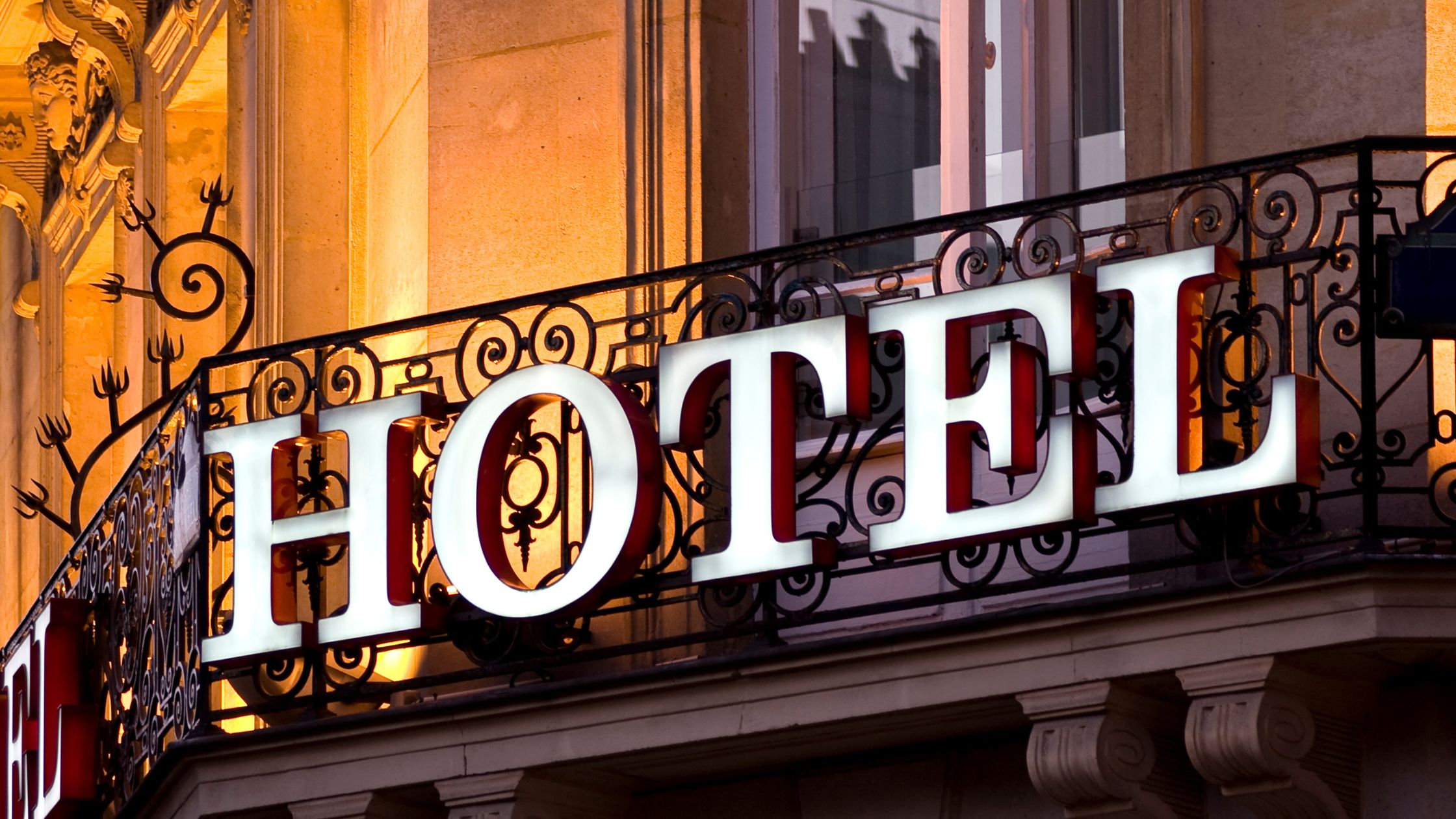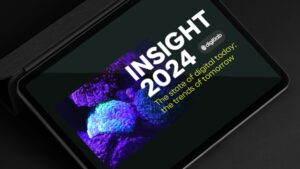This week is one for the hotel industry. I have been helping hotels build their business in the digital economy for over ten years, and it’s a fascinating industry online. The recent introduction of AI has impacted the sector massively. As one of the most significant traffic and booking drivers, Google’s AI advancements substantially affect how the Hotel industry will advertise itself. We unpack this in detail in our latest report, but here are the highlights. If you’re looking for a keynote speaker to cover this topic at your Tourism Conference, you can contact me here to discuss the details.
Artificial intelligence (AI) has revolutionised how hotels reach and connect with their target audiences through Google advertising. With its AI-enhanced Performance Max advertising engine and Google Hotels integration, hotel owners can leverage data-driven insights to optimise campaigns for maximum ROI, analyse competitors’ ad strategies, and deliver personalised experiences that create long-term customer loyalty.
One of the significant advantages of AI-driven Google Advertising for hotels is the ability to analyse competitors. Using AI algorithms, hotels can gain insights into their competitor’s ad strategies, including which keywords they are targeting, what ads they are running, and how much they are bidding for each keyword.
With this data, hotels can optimise their campaigns to reach their target audience more effectively. They can adjust their bids for specific keywords, target new keywords that their competitors are not targeting, and even adjust their ad creative to better appeal to their audience.
AI also allows hotels to deliver personalised experiences to their customers. With Performance Max for travel goals, hotels can create ads in various formats to be broadcasted across Google channels like Maps, Search, YouTube, and Hotel Ads. Hotels can use the hotel picker tool to select their properties from a map during campaign setup. Google will automatically fill out ads for the properties, including text, pictures, and web links. Hotels can tweak any of these assets or replace them with their own as desired.
Property-level reporting can provide valuable insights into the performance of hotel properties. With Performance Max for travel goals, hotels can manage up to 100 hotel properties with one campaign. Pre-populated images, messages, and other creative assets for each property are also available. The Insights page also offers a much-needed understanding of hotels’ performance, customers, and business. Hotels can access data such as demand forecasts and search trends from here, as well as search term insights that can give them an idea of the terms potential customers use when they see their ad.
Finally, AI algorithms can optimise bidding strategies to increase conversions and maximise ROI. With Smart Bidding, hotels can leverage data from all their previous campaigns to optimise their advertising and increase conversions even for new campaigns without data. Smart Bidding uses advanced machine learning algorithms that factor in a broader range of parameters that impact performance than a single person or team could compute. This includes various contextual signals, such as device and location, available as manual bid adjustments and additional signs and signal combinations exclusive to Smart Bidding. Hotels can also set performance targets and customise settings to their unique business goals.
In conclusion, AI-driven Google Advertising has a significant impact on hotels. It enables hotels to optimise campaigns for maximum ROI, analyses competitors’ ad strategies, and deliver personalised experiences that create long-term customer loyalty. With AI algorithms, hotels can optimise bidding strategies, leverage data-driven insights, and gain a competitive edge in the market.
Download the entire research paper on The Rise of AI in Google Advertising: How AI is Changing the Hotel Advertising Landscape






